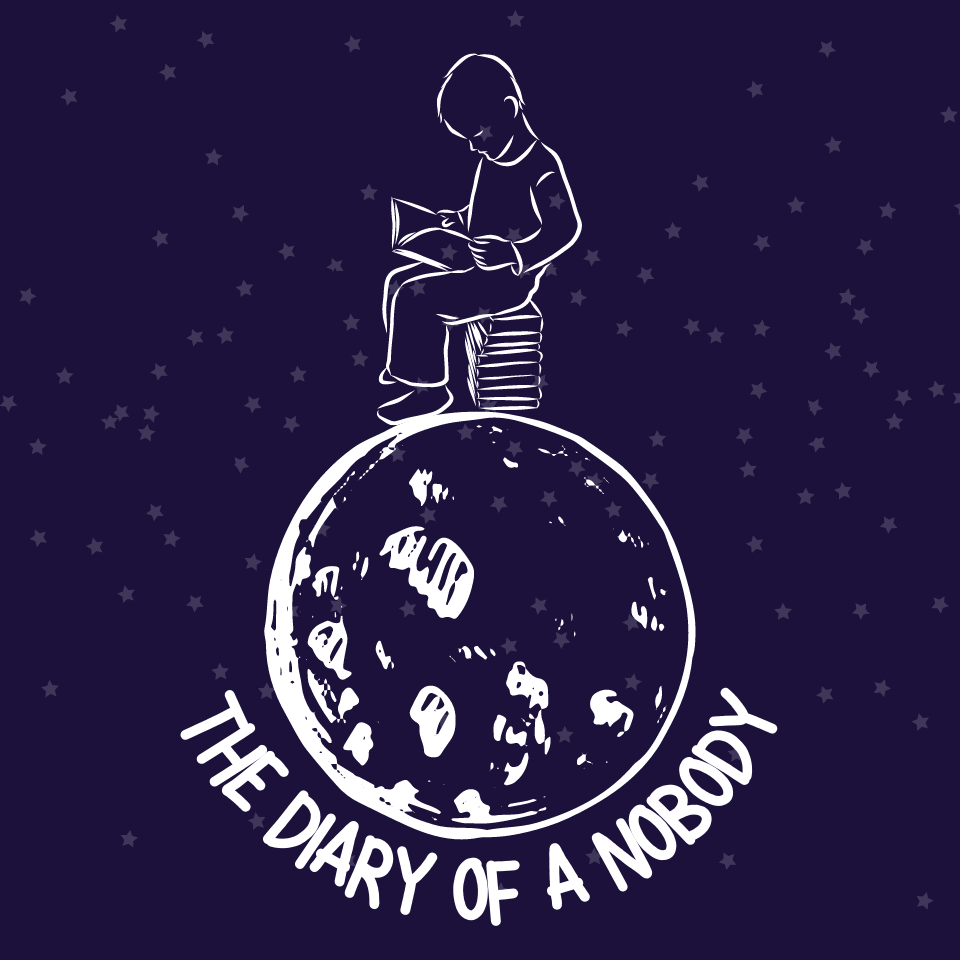Sunday Oct 02, 2022
Dragos Radu - The War
Written: 2022
Summary & Story:
Sometimes, we are all fighting a war. A war can -internally speaking- seem, at times, catastrophically never-ending. The warrior portrays an image where each of us has found ourselves at a point where an inevitable change must happen. A point where one has to be reborn and rise from the ashes. The warrior reflects that point. The horse, or the mind, a dear companion, follows in the dark. Through the tears, he tries to evade this change, yet, that is not always possible, if at all. The eagle depicts the act of transformation. The change that is thirsty for our blood -experience- and only through blood can the eagle turn into a dove -rebirth-. I hope you enjoy this poem as much as I enjoyed writing it for you.
Poem:
The war is over
The iron skies now cracked, and rays of sun overwhelm the field
that was once covered in daffodils.
A small stream that crossed the valley
and supplied it with life
has now dried out.
What was once a dreamy scenery
has now become the aftermath
of a nightmare.
The once clear waters of the stream
have now turned red
and dry.
Only one man is standing.
One man, lonesome, weeping.
His hair, covered in dried blood,
his armor shattered by the wrath of the war,
create an image of time standing still.
He dismounts his black horse, dizzy
and sickened by the smell of lifeless bodies.
He walks and pulls his horse behind.
His cry is loud, breaking the silence.
Looking around, looking for hope,
he realises that there’s no one to hold.
His wounds rush shivers through his spine.
He lost too much blood.
He lost too much life.
the horse’s breath is heavy too;
he’s tired and wounded as well.
The horse stops and kneels
behind his master.
Tears roll over his dark figure
as his hero kneels next to him
and with a warm embrace
the two weep along each other,
into deep sleep.
A strange breeze awakens them.
The hero hastily rushes to stand up.
With his hand on his sword,
he’s ready to fight and defend themselves.
But there’s nothing to be found.
The breeze murmurs in a low tone,
voices from the past, he hears
in the deadly silence of the field.
It feels like a virus
expanding its dread inside their minds
and hearts,
restlessly demolishing everything
that has brought them to this place,
to this moment.
They have lost.
They won the battle,
yet lost the war.
An eagle scouts from above,
cutting through the now abyssal night skies.
His wings glimmer,
showered in the moonlight.
His sight meets the warrior’s,
staring hopelessly at the skies
in wonder.
A sky so clear,
a mind so troubled,
a landscape so paradoxical.
Memories are not here to stay
but to navigate the wings of time.
Same as life and death,
always on the run, always here,
always there.
The cycle moves on and on,
with its never-ending loop,
with its skies clear,
with its mind troubled,
beginning anew.
Life is a tale,
a mystery,
troubled minds we are,
seeking
our place among the skies.
Seeking home.
Now the warrior draws his last breath
lying next to his wounded companion
in the deep eternal sleep
until the cycle will be reborn
until the eagle
thirsty for death
turns into a dove.
Credits: Dragos Radu (2022, The Diary Of A Nobody)









